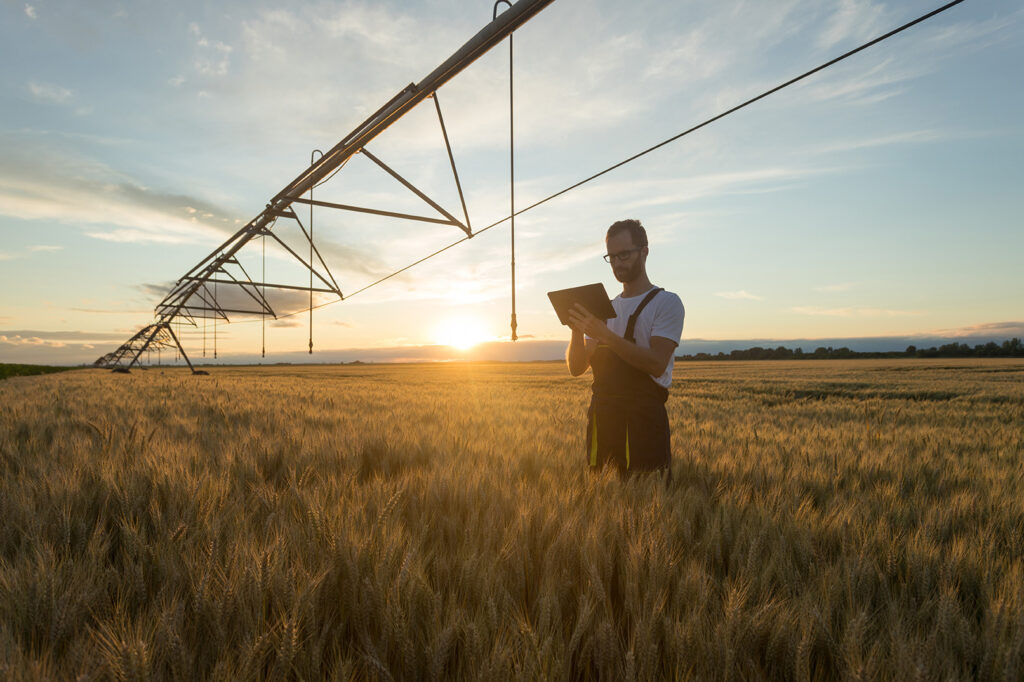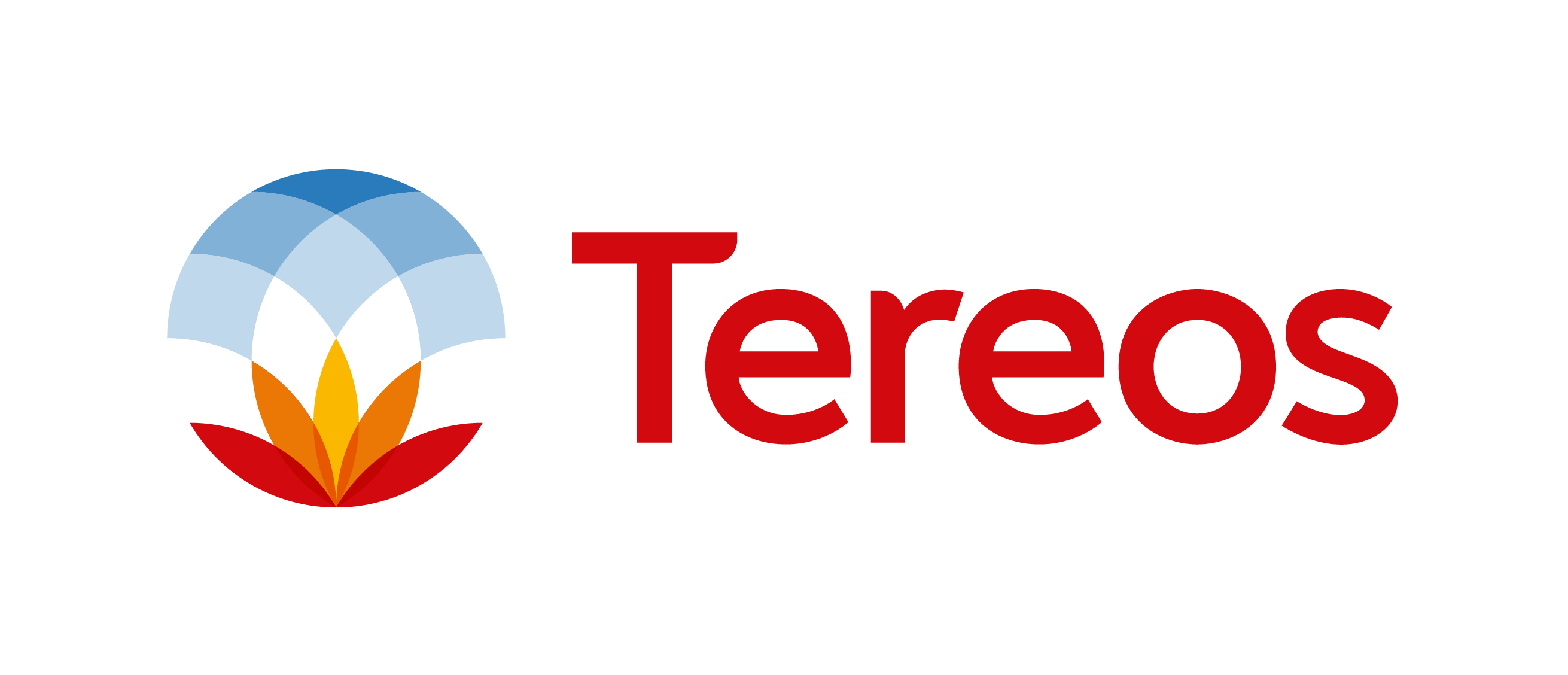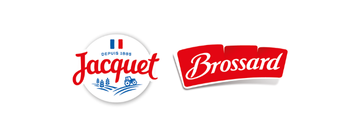Sectoral expertise
Agri-food industry
As France’s leading industrial sector and the world’s 5th largest exporter, the French food industry faces some major challenges if it is to remain competitive. Although the sector is diversified and dynamic, with a strong tradition of quality and innovation, it must continue to evolve to meet new consumer expectations and global challenges.

The challenges facing the sector
The challenges are multiple and complex, because they are often paradoxical: improving nutrition and preserving biodiversity while feeding a growing world population, simplifying recipes without increasing food waste, meeting mass but customised demand at ever more competitive prices against a backdrop of inflation and resource shortages, which are having an impact on raw material prices.
Crisis and conflicts
- Climate change and a reduction in farmland, which have a direct impact on the quality and quantity of harvests and disrupt raw material prices
- Conflicts and geopolitical tensions that impact on the availability and prices of components.
- Natural soil fertility under threat, dwindling and polluted water reserves, eroding biodiversity.
- Energy costs that call into question the most energy-intensive conservation models.
Innovation & regulation
- Product traceability requirements are being reinforced to reassure consumers (Egalim, Inco, etc.), with the rise of ‘traceability’ requirements, including ecological ones.
- New forms of business are being rolled out, creating major disruptions in traditional SC models: bulk, short distribution channels, brands developed by producers and consumers, specialist retailers, direct sales, etc.
- Production techniques are being revolutionised with the arrival of Big Data right down to the farm gate, with all that this implies in terms of the need for new skills and tools.
Omnichannel customer relations
- Industries where the types of customers are multiplying, segmenting demand and creating ‘made-to-measure’ production and preparation requirements for which the industrial and logistics tools are not adapted.
- New professions coexisting with old ones, whose tools have not evolved as quickly as those of consumers
- Customer processes, order to cash, with disputes at the centre, are among the new challenges for the digitalisation of the sector, which has not yet reached full maturity in other areas, especially master data management.
Your challenges
and our solutions
Demand complexity and constrained planning
- Highly promotion-driven customers
- Products subject to variations in demand due to seasonality and even weather sensitivity
- A surge in the number of SKUs to be managed
- Material flows driven by harvests and collections in factories and warehouses that cannot be expanded ad infinitum, creating a strong need for professionalism in all the sector’s planning and SC teams.
We can support you in setting up your S&OP to:
- Frame and better control the complexity of demand
- Standardise planning practices
- Adapt a high-performance service policy
- Be consistent with customer expectations
- Adapt to different sales channels
Optimise logistics flows and WCR
The synchronisation on the whole of the chain, even in cycle time, the importance of traceability and the constraints of the stocks all contribute to the need to optimise the logistics flows and the WCR:
- Optimise stocks, transport and service quality
- Manage and optimise transport (TMS)
- Improve warehouse efficiency (WMS)
Raw Materials Balance
- The variability of the quality and quantities available for procurement
- Complex management of the disassembly process
- Push Flow Management
The implementation of a clear and logistically linked sales strategy allows you to:
- Optimise stocks
- Be more reactive
- Be more effective on inverted nomenclature
Production Efficiency
- The need to optimise production capacity in relation to demand
- Planning within very short operating cycles makes it imperative to ensure production efficiency
By focusing on the performance of industrial operations, we can meet these needs using lean management techniques.
Satisfy the consumer and make the product line profitable
- Customers are making their specifications more complex in order to:
- Meet more stringent consumer requirements, particularly in terms of hygiene and quality
- Stand out from the competition (increasing number of private labels)
- New product lines in markets that are not yet mature, which are challenging the traditional players (“plant-based meat”)
- Product launches and discontinuations to manage and serve customers at the other end of the world as well as national distributors
This requires robust processes and tools (S&Op, APS, DRP):
- Working on product line optimisation
- Process the product life cycle through its various phases
- Analyse total costs to guarantee profitable choices
Among our
references

Industrial Performance

Digitalized S&Op – Industrial Performance

Material balancing and S&Op

Logistics Master Plan

Warehouse Supply Chain Diagnostic

Operational Excellence
Use case


Logistics Network Definition & Machine and Customer Masterdata diagnosis
Our involvement
- Diagnosis of the existing Logistics Network
- Projection of growth assumptions and service offering in the Food Service and office coffee service sectors
- Complete analysis of different scenarios
- Customer and machine master data diagnosis
The results
- Target logistics network defined on the basis of the modelling carried out and the criteria defined by Lavazza
- Organisational impact
- Associated new organisational target
- Optimised customer master data process
- Redesigned order-to-cash machine process

A Project ? Contact us
Agri-food Manager
Vanessa supports companies in their cross-functional transformation projects, from commerce to the supply chain, drawing on 20 years’ operational and consultancy experience in the agri-food and retail sectors.